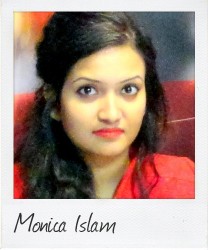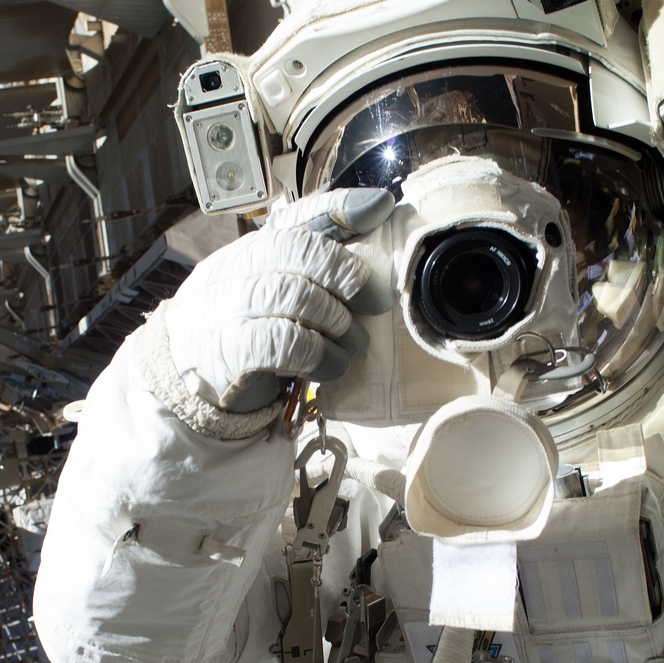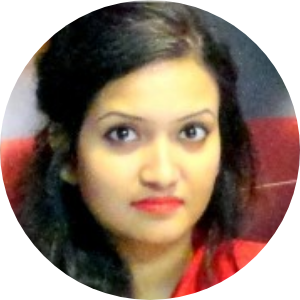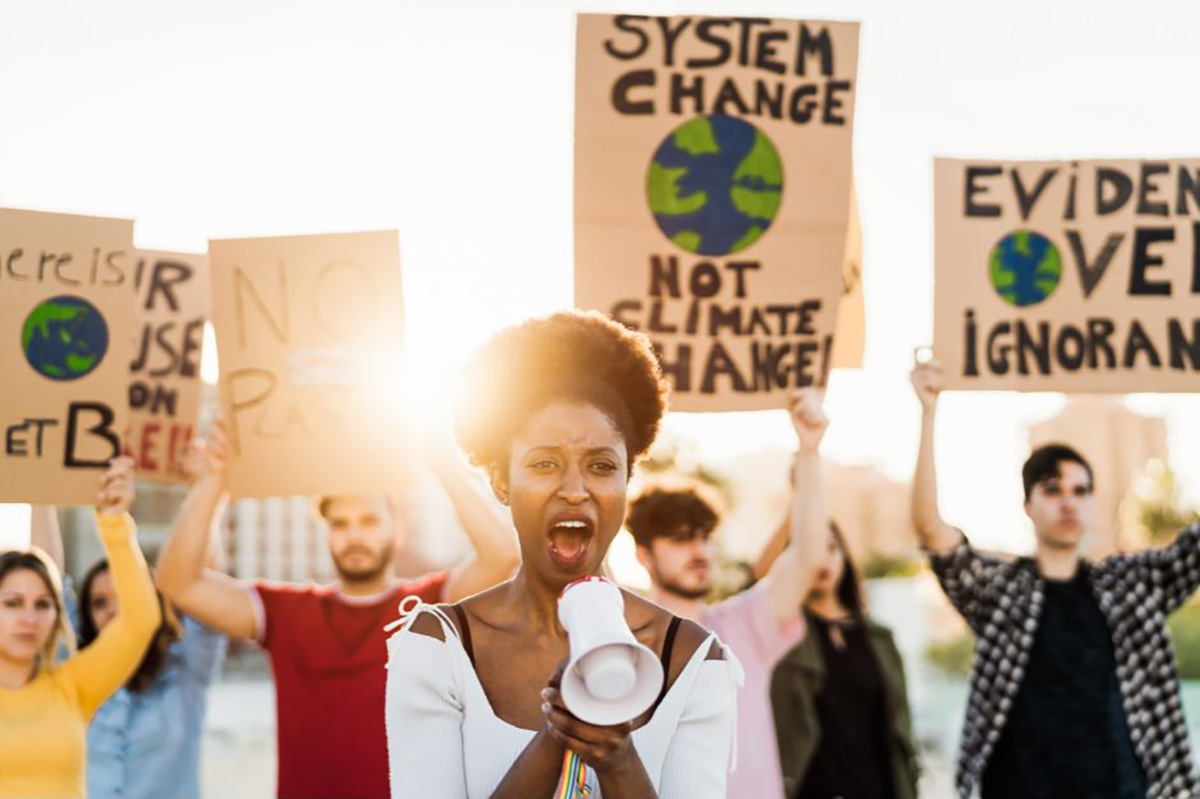“When will we see a Bangladeshi in space?”
July 15th, 2015 Bangladesh is a partner in space research but so far has no astronaut of its own, writes Monica Islam, 24, a Commonwealth Correspondent from Dhaka in Bangladesh, who examines some of the issues in the country’s space industry.
Bangladesh is a partner in space research but so far has no astronaut of its own, writes Monica Islam, 24, a Commonwealth Correspondent from Dhaka in Bangladesh, who examines some of the issues in the country’s space industry.
The Convocation Plaza of a private university in Bangladesh was packed with enthusiastic youths when NASA astronaut Ronald J. Garan, Jr. visited in 2012. After he delivered a breath-taking presentation consisting of Earth’s images from space, the floor was open for questions.
One that stood out and was received with deafening applause from the audience was this: “When will we see a Bangladeshi in space?” Ronald J. Garan, Jr. mentioned a few requirements and said that he hoped to see a Bangladeshi in space soon.
It has been three years since then (not too long, I know) and we are yet to see any Bangladeshi venture into the unknown realms of space. Bangladesh remains a minor player in the field of space exploration. In 2013, David W. Brown reported for the magazine Mental Floss, “Places you are not likely to find someone from Bangladesh: Space. That said, the country has a capable space research program that has participated in the Landsat program, and works with foreign space agencies to survey its own natural resources and local ecosystem.”
Bangladesh is headed in the right direction when it comes to space research and exploration.
It was reported in 2009 that the country plans to launch its own communication satellite, which would improve its telecommunication services, television broadcasting, meteorological data collection, weather prediction capacity, and mapping of natural resources. We now know that this satellite, named Bangabandhu-1, is expected to be launched in 2017. Five years from now, Space Research and Remote Sensing Organization (SPARRSO), the state agency for space, aims to launch more satellites.
Bangladesh has maintained that it seeks an“entirely peaceful and commercial” role in space. It has, therefore, sought meaningful collaboration with the United States, Japan, and China for funding satellites. It has a thriving relationship with Japan, a country that regularly conducts space-related training for engineering students, teachers, and professionals in Bangladesh. Appointing a woman to lead SPARRSO is a proactive step that Bangladesh has taken in ensuring a gender-neutral space ambition, given that only a few women globally have made the journey into space.
Despite all of that progress, the opening question remains: Why has there never been a Bangladeshi in space?
That is a question which needs a lot of collective deliberation by the masses and by those in authority. Here are some of the reasons that I suggest:
- In Bangladesh, there is very little conversation about space travel, especially at a grassroots level. Not many of us know the requirements for getting aboard a space mission. It takes a lot of unwavering passion and a Google search to know that in order to be an astronaut, you need an academic background in the sciences, especially physical sciences, and some proven experience with activities which require tremendous concentration, such as playing the piano, flying an aircraft, or performing ballet.
- Since long-term preparation is needed, schools must be the first target for creating awareness. This awareness-building process needs to be fun and free of technical jargon that makes space exploration appear as a tedious business.
- A greater number of training and study opportunities needs to be provided within Bangladesh in connection with space travel so that more people in the country can nurture the dream of travelling to space, and so that the few who do have a passion for space travel do not discard their dreams midway because of a lack of skill-building opportunities. Bangladeshi youths have made major breakthroughs in designing space robotics and applications with whatever resources they have. Imagine what they could achieve if we were to increase our investment in their efforts.
- Space exploration seems an out-of-the-world quest for those of us who have studied business or social sciences, due to an over-emphasis on the scientific aspects of space mission. The cosmic world must not be perceived (or be made to be perceived) as an exclusive terrain for engineers and others rooted in science. This issue of space travel needs to be approached from a creative/artistic, interdisciplinary perspective. We, in Bangladesh, need to be told that we can lead SPARRSO despite having a non-scientific background. We need to be told that there are space expeditions which are for tourism purposes and hence open to all.
Kruger Crowne, in partnership with One Young World, XCOR Space Expeditions, and Spaceship Earth Grants, has come up with a great opportunity. Its Rising Star Programme aims to send one person on a trip to space. Could this be the chance when a Bangladeshi breaks into space? Could this be the chance when our fellow humans in other countries (which are far advanced in their space missions) show their benevolence by supporting the fledgling Bangladesh, somewhat like a meritorious student helping the one lagging behind? Could this be the chance when Ronald J. Garan, Jr.’s “hope” translates into reality?
photo credit: Astronaut Chris Cassidy Takes a Photo via photopin (license)
…………………………………………………………………………………………………………………
About me:
I aim to advance human rights and social justice through the media. I am a prolific reader, writer, and development-enthusiast.
I have attended several development-oriented conferences and media trainings at home and abroad, such as Global Social Business Summit (Austria), UNFPA Global Youth Forum (Indonesia), and Asia-Pacific Youth Parliament for Water (South Korea). I’d like to think of myself as a versatile person who is open to multiple intersecting possibilities.
…………………………………………………………………………………………………………………
Opinions expressed in this article are those of the author and do not necessarily represent the views of the Commonwealth Youth Programme. Articles are published in a spirit of dialogue, respect and understanding. If you disagree, why not submit a response?
To learn more about becoming a Commonwealth Correspondent please visit: http://www.yourcommonwealth.org/submit-articles/commonwealthcorrespondents/
…………………………………………………………………………………………………………………






